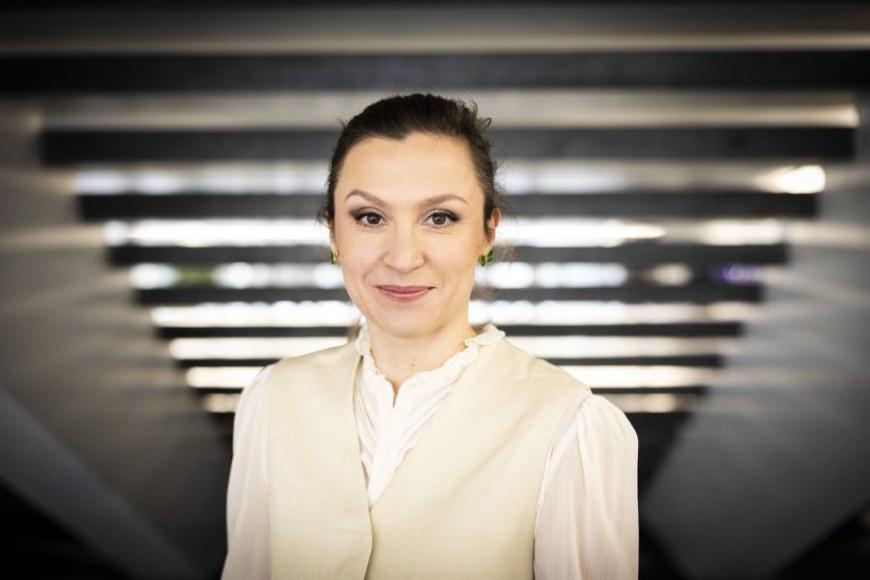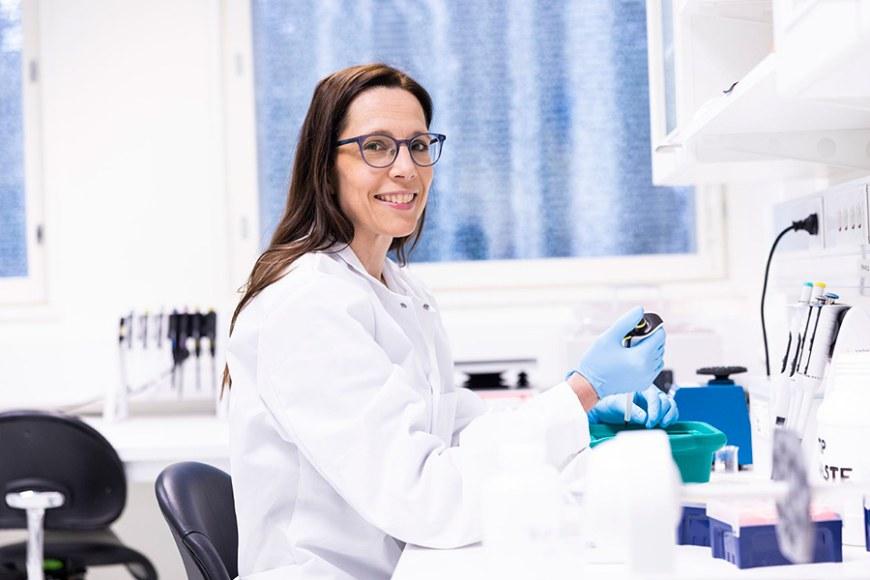More accurate methods for cardiovascular risk assessment are being developed

The PerCard study will develop a cardiovascular risk modelling tool that combines and analyses data from different sources using artificial intelligence, machine learning and signal processing. The plan is to make the new methods easier and cheaper to use than the existing ones.
Cardiovascular diseases account for 45 percent of all deaths in Europe. Eighty percent of premature heart diseases are preventable if personal risks can be identified early.
“However, currently used risk models do not reflect true populations, especially as regards gender,” says Epanet Professor Mark van Gils from Tampere University who is a specialist in the digitalisation of health care.
According to van Gils, the current methods do not sufficiently consider the genetic backgrounds of individuals and do not use all the information in different data sources.
The project combines already existing data from Finland and Italy and new data collected in Italy.
Ethical and societal aspects, including accessibility, receive special attention. This involves research on the gender bias, responsibility for AI (who is responsible if an AI methods suggests a risk diagnosis), explainability of AI methods, liability, use and access with regard to different health care systems, risk communication, and data protection.
In addition to Tampere University, the research consortium consists of the Polytechnic University of Milan (Italy), Centro Cardiologico Monzino (Italy), and the Protestant University of Applied Sciences Ludwigsburg (Germany).
The study is funded by ERA PerMed. It is an ERA-NET Cofund between national research funders in the field of personalised medicine supported by 32 partners from 23 EU members states and partner countries.
Photo: Jonne Renvall





